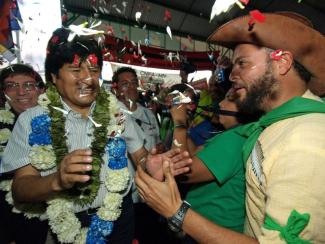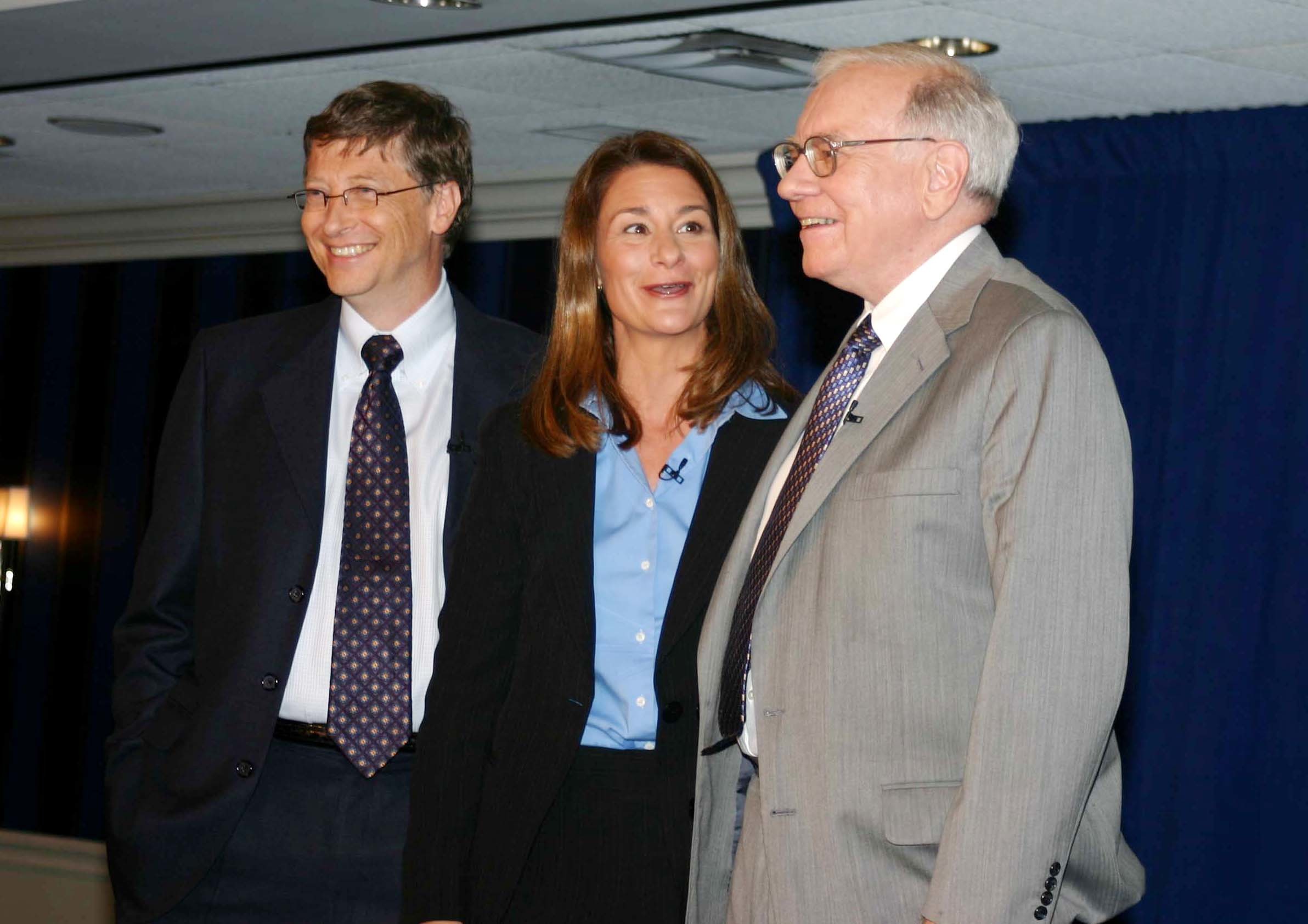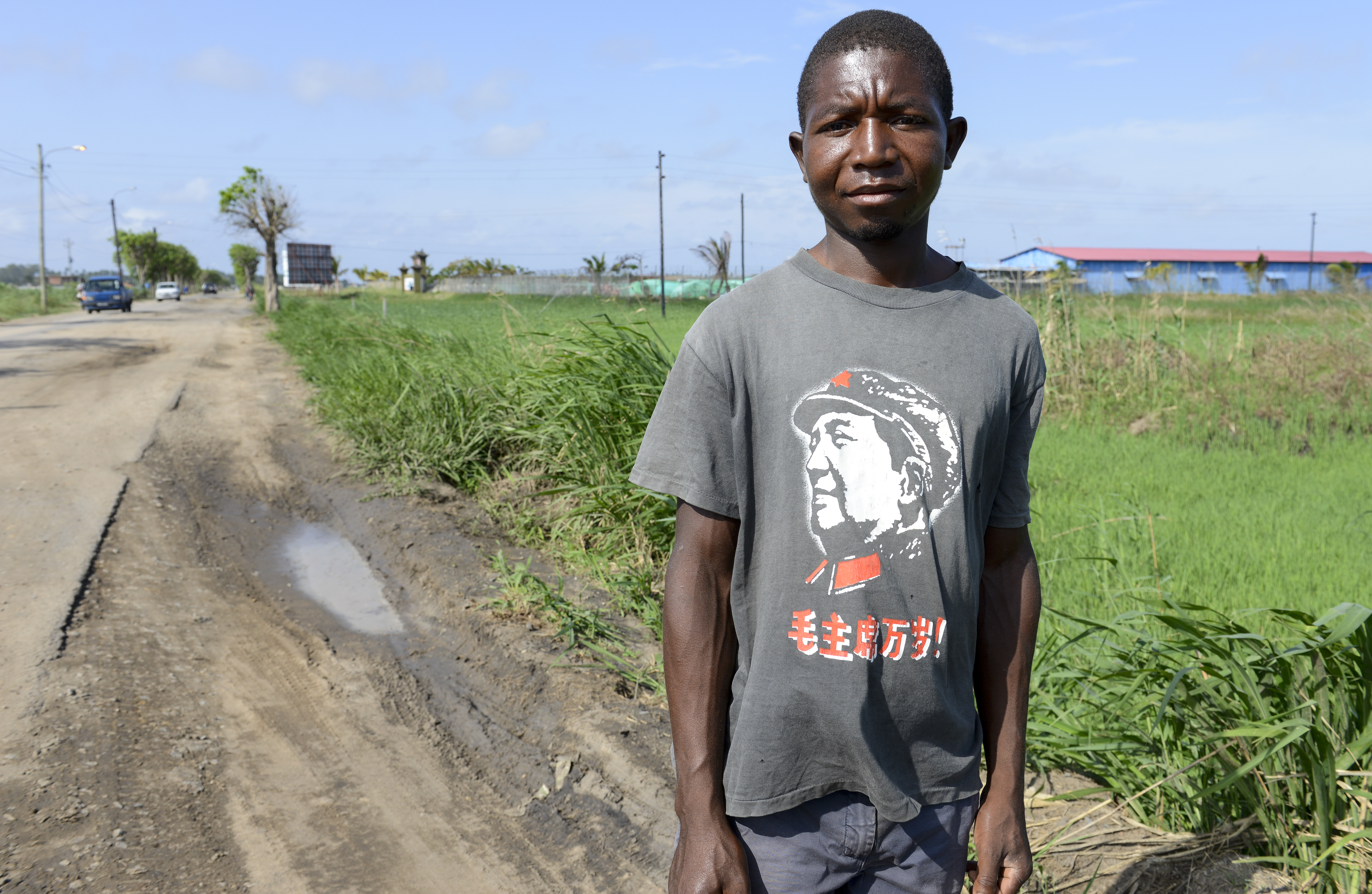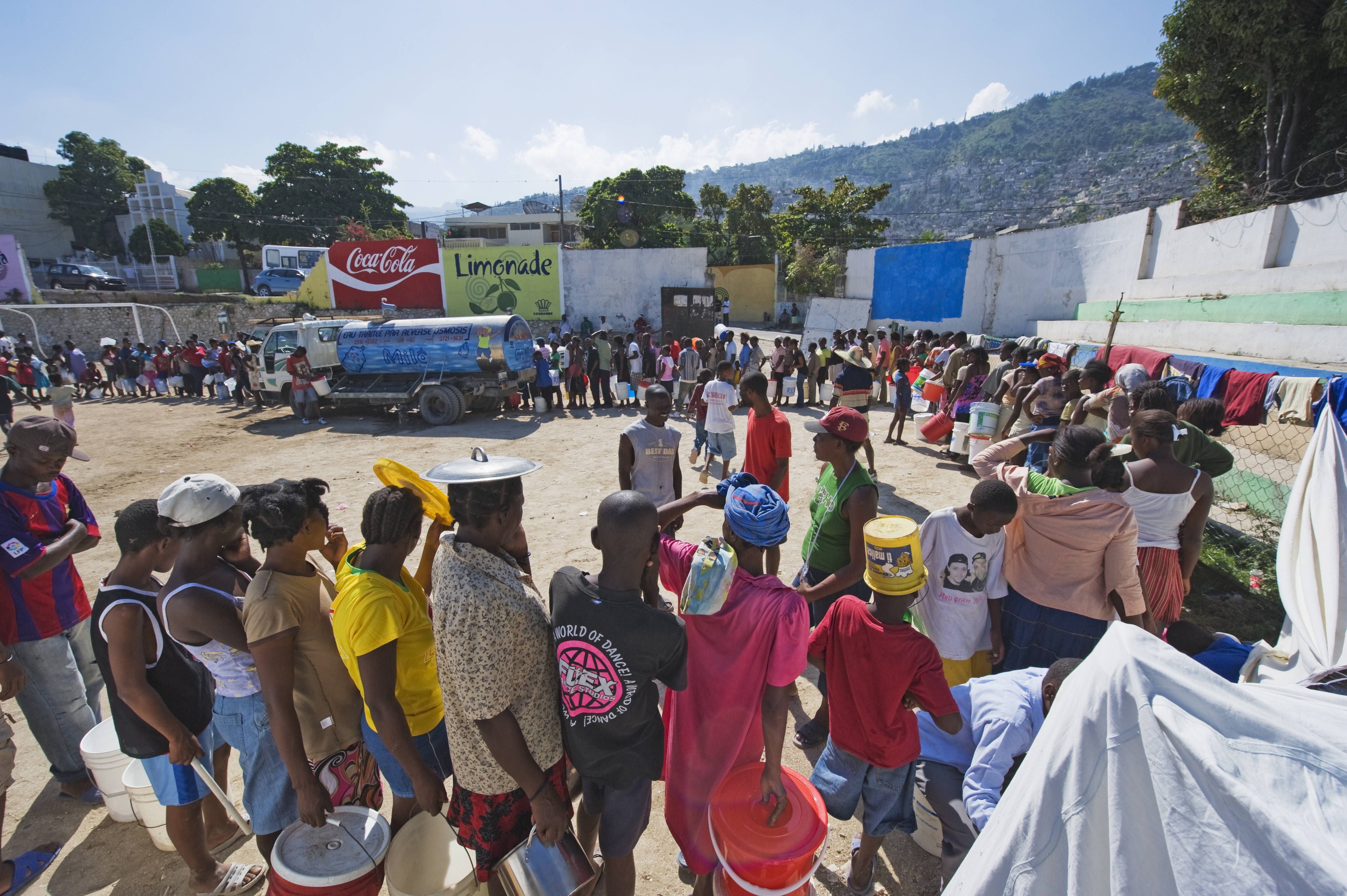Relevant reading
New transnational networks

In global affairs, high hopes were long pinned on international NGOs (INGOs). Their commitment to human rights, environmental protection and peaceful conflict resolution made them symbols of value-centred and democratic global politics. NGOs were and often still are significantly more trusted than state agencies. The public perception of organisations like Greenpeace, Human Rights Watch and Oxfam remains overwhelmingly positive.
Most experts agree that the participation of INGOs makes international political processes more transparent. They also agree that INGOs contribute to a more peaceful and just world. At the same time, the direction and approach of many organisations have come increasingly under criticism.
In Germany, apart from academic publications, a critical book on the WWF and an accompanying documentary film attracted particular attention. In both works, Wilfried Huismann (2014) discussed, among other things, the WWF’s close relationship with agricultural and other commercial enterprises, the investments of which frequently disadvantage local people in poorer countries.
Another reason for the uneasiness many feel towards the WWF and other INGOs is that large organisations often distract public attention, with shiny brochures and professional appearance, from local actors who are not as well-financed. In recent years, activists and academics have increasingly pointed out that INGOs from the global north (primarily from Europe and North America) contribute to solidifying global power structures by speaking for people from the global south.
Political scientist Ruth Reitan (2011) criticises the paternalistic attitude that some northern INGOs continue to exhibit towards southern activists. However, she also writes that the “advocacy model” is being replaced by new forms of transnational civil-society cooperation. The author attributes this development above all to a strengthening of civil society in the global south and to new forms of networking and mobilisation. One of the many examples she cites is La Via Campesina, a transnational, decentrally-organised network of small farmers with headquarters in Indonesia.
New networking trends reflect the increasing relevance of ideals like decentrality, grassroots democracy and equality. More open forms of networking are made possible in particular by the internet, including social media networks like Twitter and Facebook, which offer new opportunities for spontaneous campaigns that are not directed by NGOs. Nevertheless, Reitan also emphasises that these trends are certainly not making NGOs obsolete. Instead, many NGOs are assuming new roles in transnational civil society.
New roles
In recent years, some INGOs have responded to – or even helped drive – the trends mentioned above. Their self-image has changed accordingly. Many NGOs now see themselves less as advocates and more as supporters that act as nodes within larger transnational movements (Reitan 2011). Internal reflection of their own roles in the global system has in some cases led to large-scale changes in the structure and working methods. For example, ActionAid made the conscious decision several years ago to move its headquarters from London to Johannesburg in order to be closer to organisations of the global south (see also the contribution by Adriano Campolina).
Another example is Friends of the Earth, a transnational federation of environmental justice NGOs. In recent years, the federation has continued to strengthen the position of its southern members and emphasised the importance of local activists in the global arena. Brian Doherty and Timothy Doyle (2014) did detailed empirical research on Friends of the Earth. They managed to convey a close-up view of the internal structure and processes of an INGO. Their study opens the black box that NGOs usually are in academic literature and illustrates the relevance of a civil-society organisation’s collective identity. Moreover, the authors show how difficult it is for members of a transnational NGO to arrive at a common position using democratic methods.
Case study: climate policy
Doherty and Doyle place particular emphasis on Friends of the Earth’s commitment to shaping international climate policy. For many years, professionally run environmental NGOs from the global north had made most of the efforts, but, particularly from 2007 on, the involvement of groups from the global south has grown considerably. Moreover, organisations that traditionally do not focus on environmental issues are increasingly joining the climate debate. Doherty and Doyle describe how Friends of the Earth cofounded the movement-oriented network Climate Justice Now in 2007, and how it stayed an important partner within that coalition.
A whole series of academic publications on various aspects of the transnational climate movement was inspired by aforementioned trends and the many campaigns that accompanied the 2009 UN climate summit in Copenhagen. Important contributions to this debate include two books edited by Brunnengräber (2011) and by Dietz and Garrelts (2013). The essays in these volumes illustrate that transnational civil-society structures have become more open and fluid, and that the diversity of the actors involved has grown. Increasingly, important impulses and new perspectives come not from established organisations, but from young civil-society networks.
Both books also emphasise that INGOs remain extremely relevant in international climate policy and other international political processes. One reason is that many of the younger networks do not have the financial means, expertise or insider knowledge to have an impact on international policy-making in the long run.
In general, recent publications exhibit a significantly more differentiated and critical view of INGOs than was prevalent in the past. They illustrate the tensions that exist between established organisations and actors from protest-oriented movements. They also show, however, that many INGOs welcome these new networks and offer support. These developments can certainly, among other factors, be explained by the failure of the Copenhagen summit in 2009. That event made many INGOs realise that broad social movements are needed to rise to the urgent challenges humanity is facing.
Romina Ranke is a research associate in the international relations department of the Institute for Political Science at Leibniz University of Hanover.
r.ranke@ipw.uni-hannover.de
References:
- Brunnengräber, A., (ed.), 2011: Zivilisierung des Klimaregimes (Civilisising the climate regime). Wiesbaden: VS Verlag für Sozialwissenschaften.
- Doyle, T., and Doherty, B., 2014: Environmentalism, resistance and solidarity. The politics of Friends of the Earth International. Basingstoke: Palgrave Macmillan.
- Dietz, M., and Garrelts, H., (eds.), 2013: Routledge handbook of the climate change movement. New York, Abingdon: Routledge.
- Huismann, W., 2014: Panda Leaks. The dark side of the WWF. Bremen: Nordbook (Updated translation of: Schwarzbuch WWF, published 2012).
- Reitan, R., 2011: Coordinated power in contemporary leftist activism. In: Olesen, T., (ed.): Power and transnational activism. New York, Abingdon: Routledge, p. 51–71.












